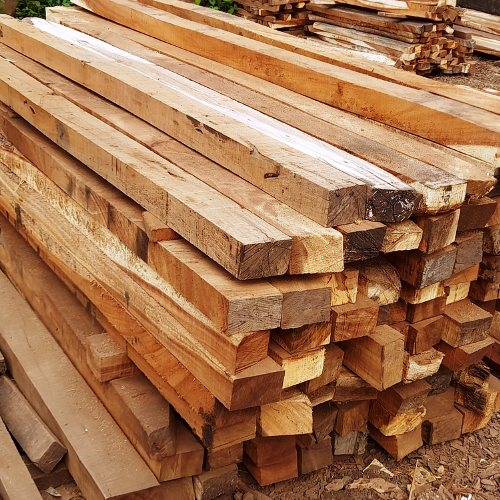
Redmond Global Exports ensures a comprehensive range of building materials, including cement, steel, wood, and other construction essentials. Through efficient supply chain management, Redmond Global Exports contributes significantly to the global construction sector, facilitating the creation of robust and sustainable structures across various regions.
Building Materials
Construction materials are the fundamental elements that shape our built environment. They encompass a wide array of substances, from traditional materials like wood and stone to modern innovations such as steel, concrete, and advanced polymers. These materials serve as the very foundation of our infrastructure, from residential homes to towering skyscrapers, roadways, and bridges.

Cement: As an essential element in the construction industry, cement plays a pivotal role in shaping the modern urban landscape, contributing to the development of resilient and enduring structures.

Steel: Steel is a vital material in the construction industry, prized for its strength and versatility. Its high tensile strength allows for the creation of robust structural frameworks, offering stability and durability in buildings. Steel’s malleability enables architects to design intricate and innovative structures, while its resistance to corrosion ensures longevity.

Wood: Wood is a versatile, renewable, and sustainable construction material.Wood is used in many industries, including construction, furniture, and energy production.Hardwoods are often used in walls, ceilings, and floors, while softwoods are often used for doors, furniture, and window frames.

Plywood: Plywood is a manufactured wood sheet material made from layers of wood veneers glued together. Plywood is a versatile product with many advantages over natural wood. It can range in thickness from 3 mm to 30 mm and has many applications,

Glass: Glass is a useful and unique material.Glass is a durable material that is resistant to weathering, rust, and chemicals. It can also withstand high temperatures and pressures. This makes it a good choice for use in construction projects where strength and durability are important.

Asphalt: Asphalt is also known as bitumen.Asphalt is durable, flexible, and resistant to wear and tear. It’s also environmentally friendly, provides a smooth, quiet ride, and is up to 100% reusable.Used for road construction and as a waterproofing material for roofs and pavements.
The role of construction materials extends far beyond structural stability. They also play a crucial role in shaping the aesthetics and functionality of buildings. The choice of materials can influence design, energy efficiency, and even the comfort and well-being of occupants. This dynamic interplay between form and function highlights the significance of construction materials in architectural and engineering practices.
